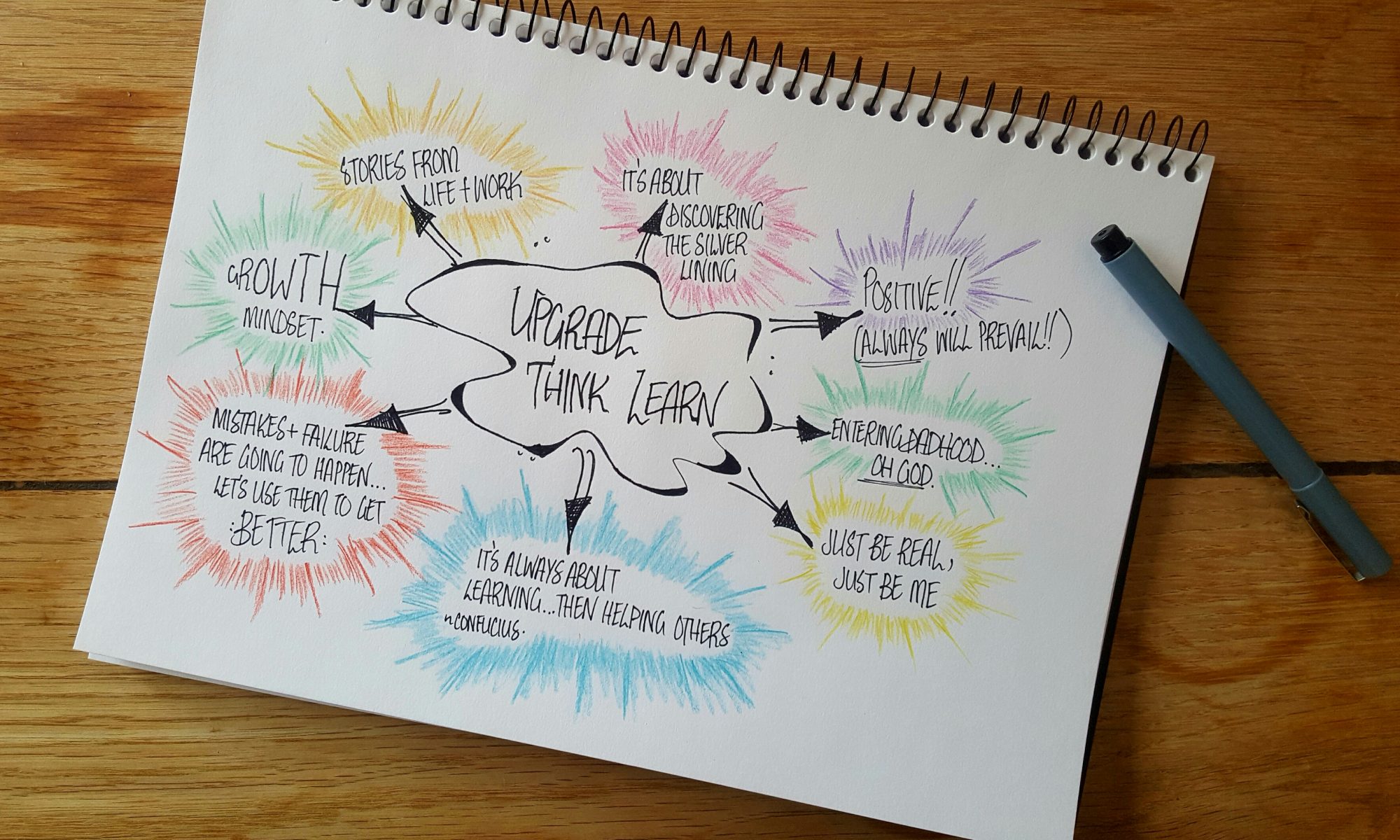It’s about time I pass onto you the silver bullet to help any kid succeed in maths.
Parents, teachers and learning assistants: get your homework book out and write this down. (Please, of course).
Your kid isn’t you, or the experiences you had at school.
Yes, you may still not fully understand fractions, always need to double check subtraction or suffer from a huge amount of anxiety when you hear the words “long division”.
That is your experience, not your kid’s (yet).
Here’s the real secret I wish every teacher, parent and learning assistant knew:
Don’t ever tell a child you can’t do maths
As soon as you do, you have just given them two really terrifying things:
1. A reason to opt out and not try – why would you if you’ve been told you can’t do something?
2. A never ending list of excuses – I can’t do it because you can’t.

My dad is an engineer and has spent his whole working life using and manipulating numbers to identify strengths and weaknesses in materials. Logarithms, quadratic equations and complex, imaginary numbers make up a strange and gloriously creative space inside his head.
But when it came to communicating how he thought or how to solve problems he hit a wall.
His strategies or solutions made sense to him. However, whenever he tried to explain these to help me complete my homework, every conversation usually ended up with me*:
a.) Storming out under a cloud of muttered swear words.
b.) Covering my face with two hands to prevent hyperventilation taking place.
c.) Throwing a stack of paper in the air while stating “I promised myself I would never do this again”.
d.) Wriggling, crying and throwing some sort of childish fit.
e.) All of the above.

Now, don’t get me wrong, My Dad is one of the GREATEST men I know (and have heard of).
But, our relationship as maths student and teacher is an interesting one. Even though he is incredible with his knowledge and aptitude, I never picked up any of his strategies or methods. From the moment he began to deliver his explanation it was already above my head.
I couldn’t follow what he was saying…which led to me shutting down and becoming an annoying teenager waiting for the right moment to antagonise him in a classic way: exasperated eye and head roll.

But, strangely, I still loved maths.
I loved trying to solve problems, even when I got them completely wrong.
Why?
Well it comes down to three simple things that every teacher, parent and learning assistant can do:
- My parents showed an interest in learning
- They shared their passions and interests
- They focused more on effort and opportunities, not just mistakes or failure
Whilst their knowledge didn’t always transfer over to us, their sense of curiousity, risk taking and motivation certainly did.
Here’s the secret to help your child succeed:
You simply have to take an interest in their maths to start building up that positive connection and mindset.
You don’t have to know everything, because even if you do, you may not know how to explain it in a meaningful or helpful way…which is great, because in the real world, no one has all the answers.
Ask questions, share successes, show how to bounce back from making mistakes, ask how they solved a problem (even if you know how to do it) or simply listen to the different ways they may attempt maths today.
Remember, it’s about them, not you.
In the end, you’re investing in more than maths.
You’re investing in them and their future.

5 Simple Ways to Help Your Little Mathematician
- If they ask for help and you don’t know how to do it, admit it
- Work with them to solve #1 by asking their teacher how to solve the problem (can’t get there in person? Write an email together)
- If your school runs parent sessions to learn about simple maths strategies, get involved…if they don’t, ask them why not (we’re finally starting ours next term!)
- Ask to have a look at what they’ve been learning in maths – ask to see their maths!
- Don’t ever tell them they can’t do maths
———————————–
Enjoyed this post? Why not join our digital community?
If you enjoyed this post, you might like these too…
What Every New Parent Really Needs to Know



